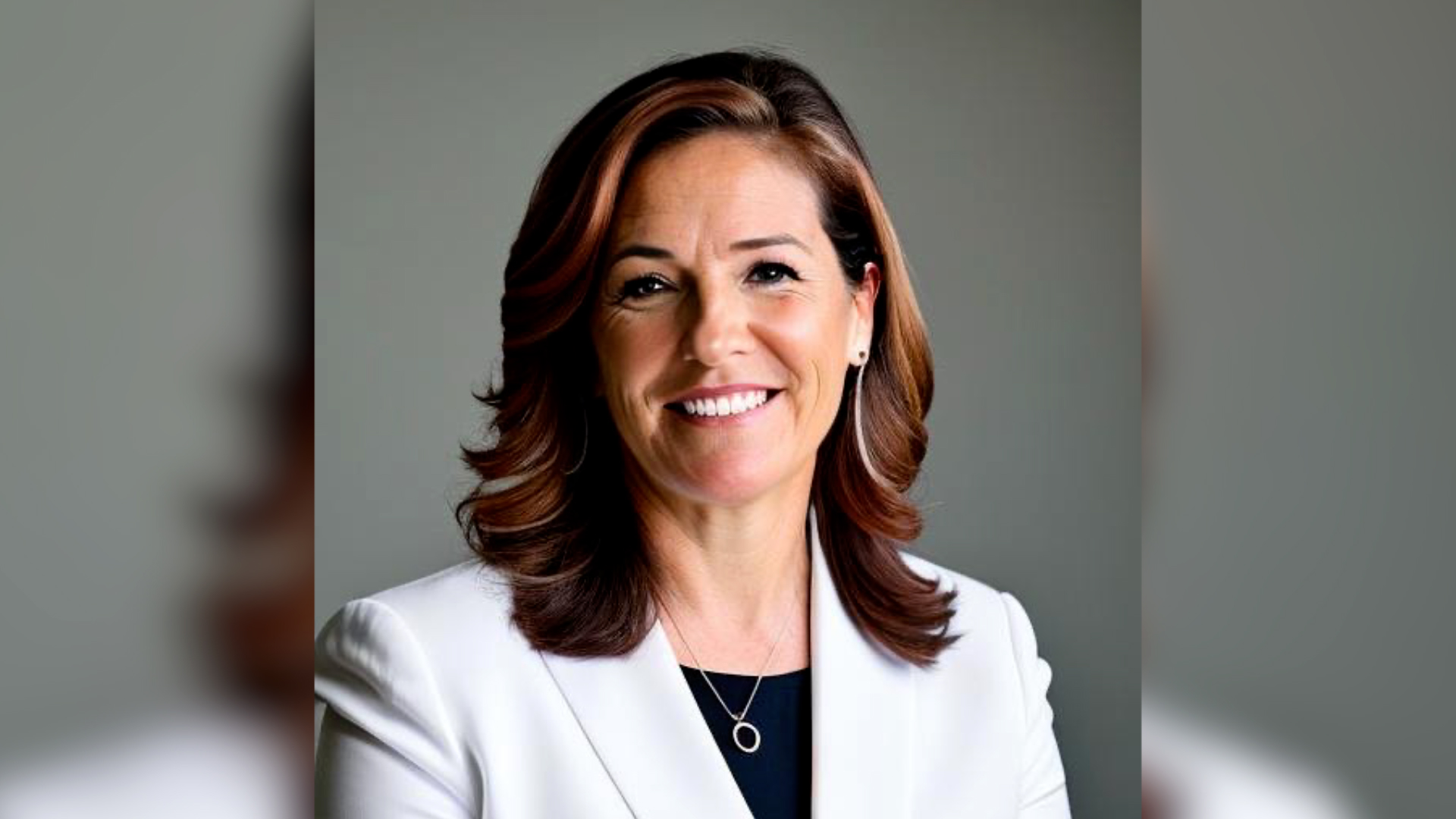100 YEARS OF STORIESOur Community
We have 100 years of great stories from the students, faculty and staff who called UBalt home. Here, we’ll be sharing excerpts of the oral histories captured through the ongoing efforts of our Special Collections and Archives team. With help from students and fellow staff, this team identified and interviewed a diverse group of individuals who each share their connections to and fond memories of the University. To hear the full interviews of these and more oral history interviews, please visit our University Archives.
DR. YALE GORDON
graduate of the School of Law, 1929, and School of Business, 1933; donor; namesake
for the College of Arts and Sciences

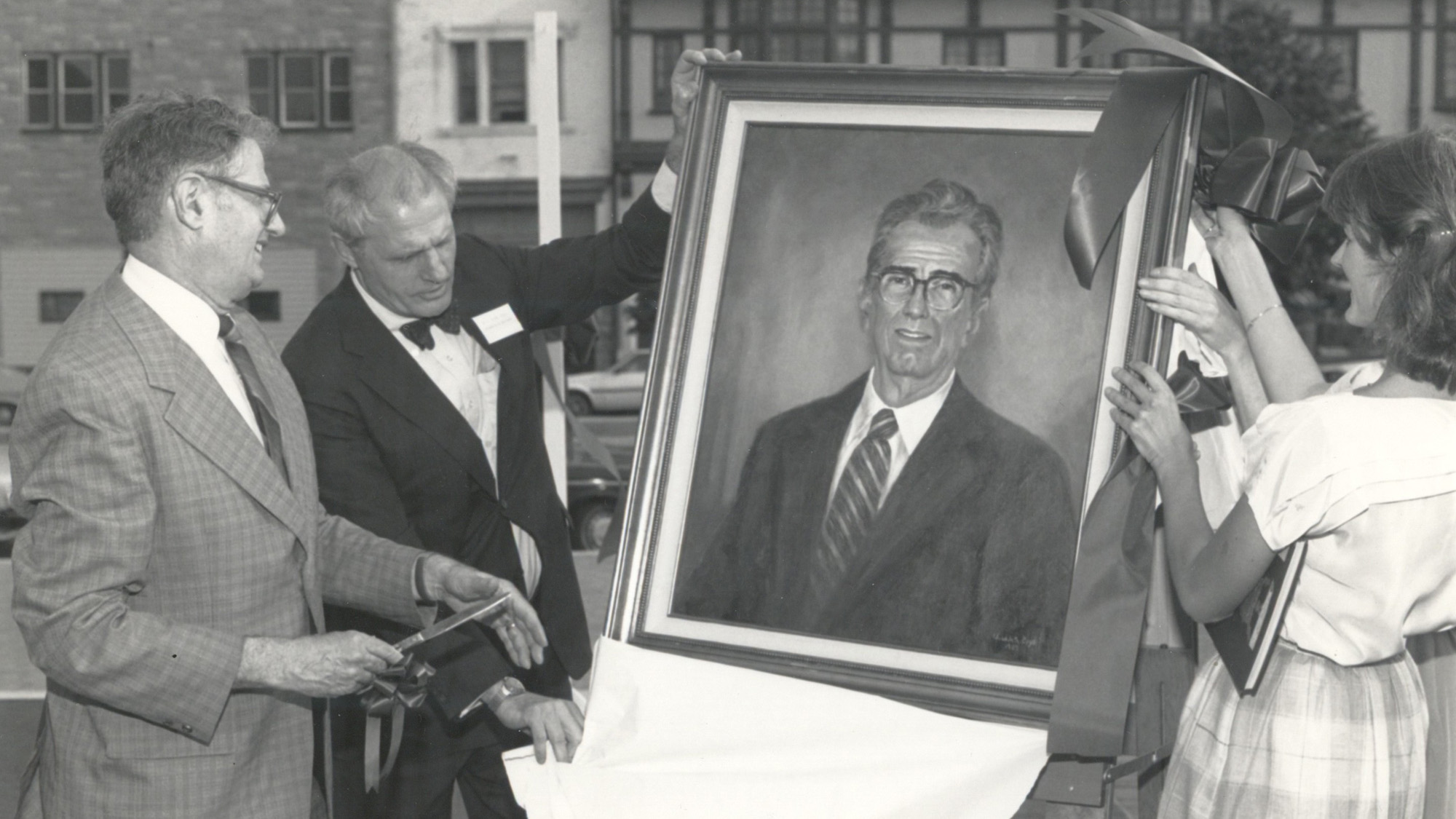
I think the one thing that I remember the most is the collaborative culture. People were really looking out for each other and trying to help each other. So, I spent many, many times in the business building with my classmates all huddled around a table, all trying to solve, you know, a statistics problem or study for a big exam with a big whiteboard. … And I think at the time, we were all like, oh, my gosh, this is so miserable. We're studying so much. But I definitely think looking back on it, it was really nice to have those shared moments. It was a really good bonding experience with my classmates.
JOSE ANDERSON
law professor, 1989-present
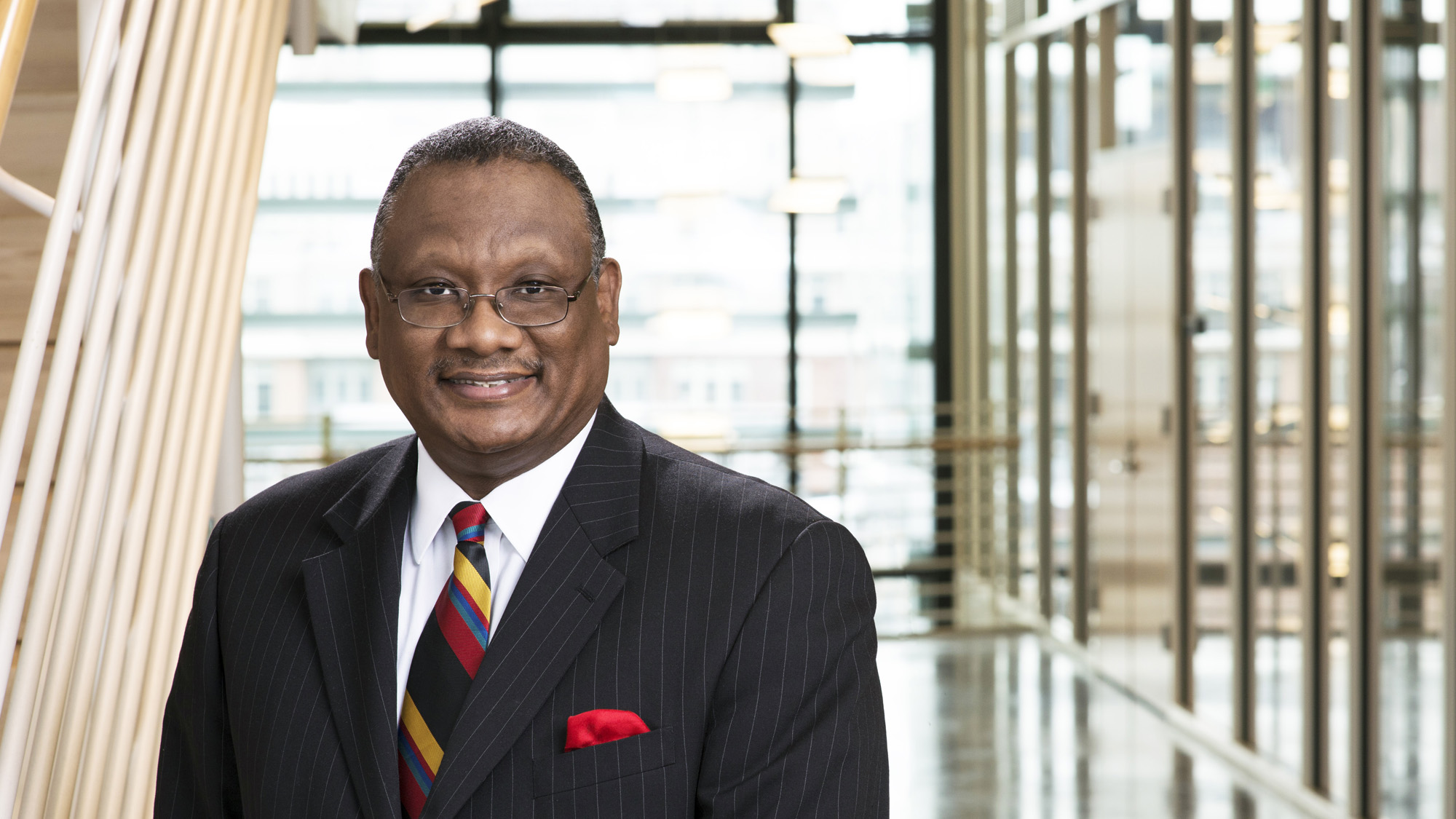
We were in a war; we were up a tree. We had no money. I had 50 students when I came here, altogether. We lost everything because they've been taken into service. … What we did is this: we went to U.S. office of education in Washington and got them to add engineering science management and so Hopkins and Maryland, the deans of those schools, and myself were made the heads of education for Maryland for the government. … I got to put in staff here, a staff of 15 and we did all the training for seven states and that gave us good money. … The training we set up for the United States Air Force. We also adapted for business and business like that, so with the result, we began getting in from all sides. For instance we had an engineering course at Glen L. Martin [Maryland School of Engineering]. We trained all the nurses in Maryland. … What we would do is we would do anything that the military needed to go further in the war and that's how we survived.
CINDY SCHUSTER
B.S. '87, M.A. '89; director of shared services

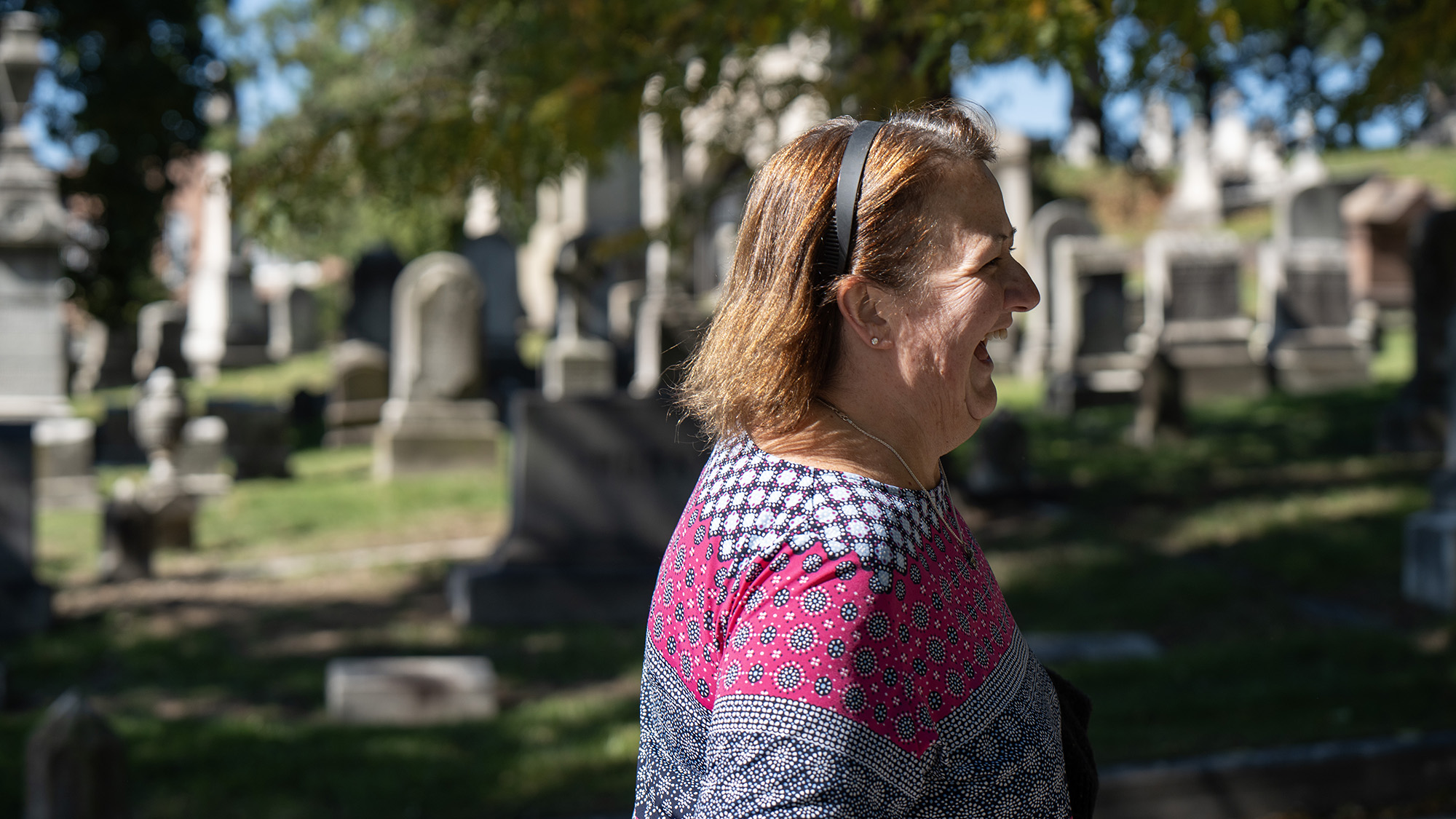
They had a big idea. The idea was bigger than they knew, because they certainly gave a lot of people in the city of Baltimore an opportunity to get an education that they would not have gotten without a night school which was not charging them a lot of money. ... I think it still has great potential.
SHAUN L. GABBIDON
M.S. '93
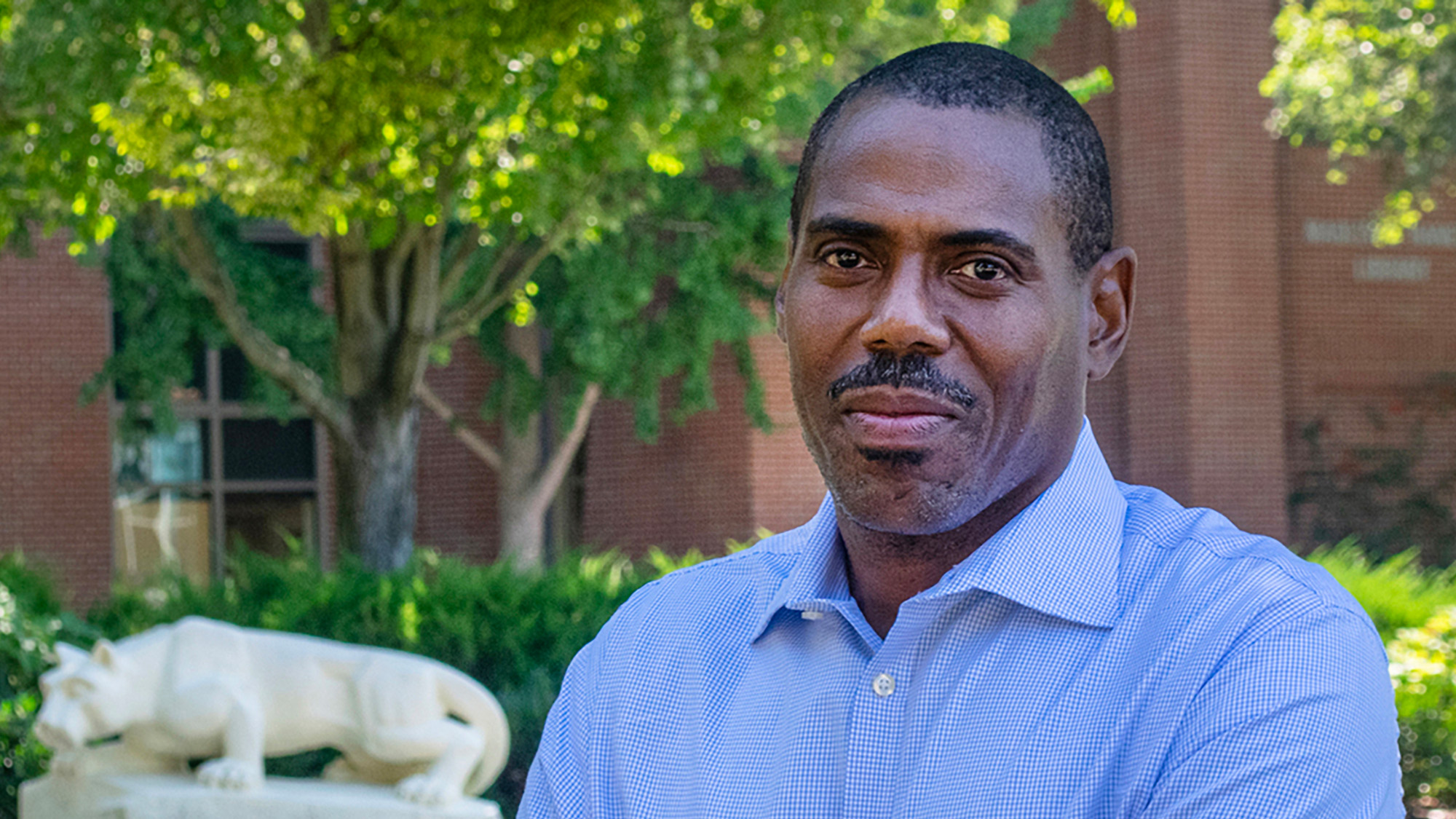
LT. JASON KUNZ
B.S. ’95 and M.A. ’04; police liaison, lieutenant, University of Maryland, Baltimore
Police

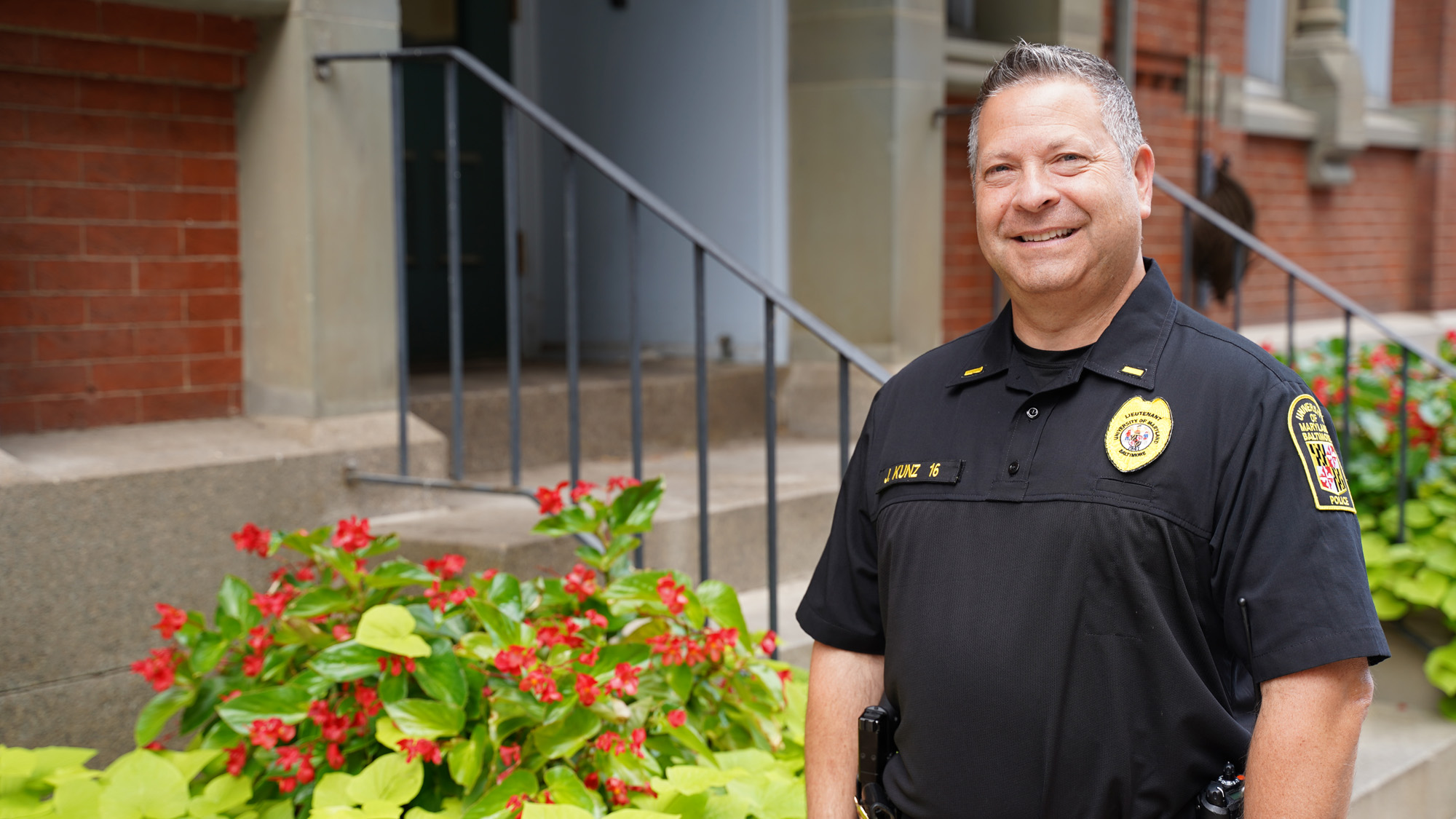
We were debating, my parents and myself, whether to go to Maryland or University of Baltimore. And we interviewed [at] The University of Baltimore, and I was very pleased by the professors there. And I have some friends who were going there, but mainly, I wanted a small school, and it was, I'll be honest with you, it's the best choice I ever made in my life. … While I was at the University, and I'm majoring in marketing, I was also able to get a job working with an ad agency. And I learned how to write, how to work, you know, how to do layouts and design. And so, I was doing that my third year at the University of Baltimore. I was working part time, with a field I wanted to get into, and that led me to another ad agency in Baltimore.
JESSICA ELFENBEIN
associate provost and professor, 1995-2012
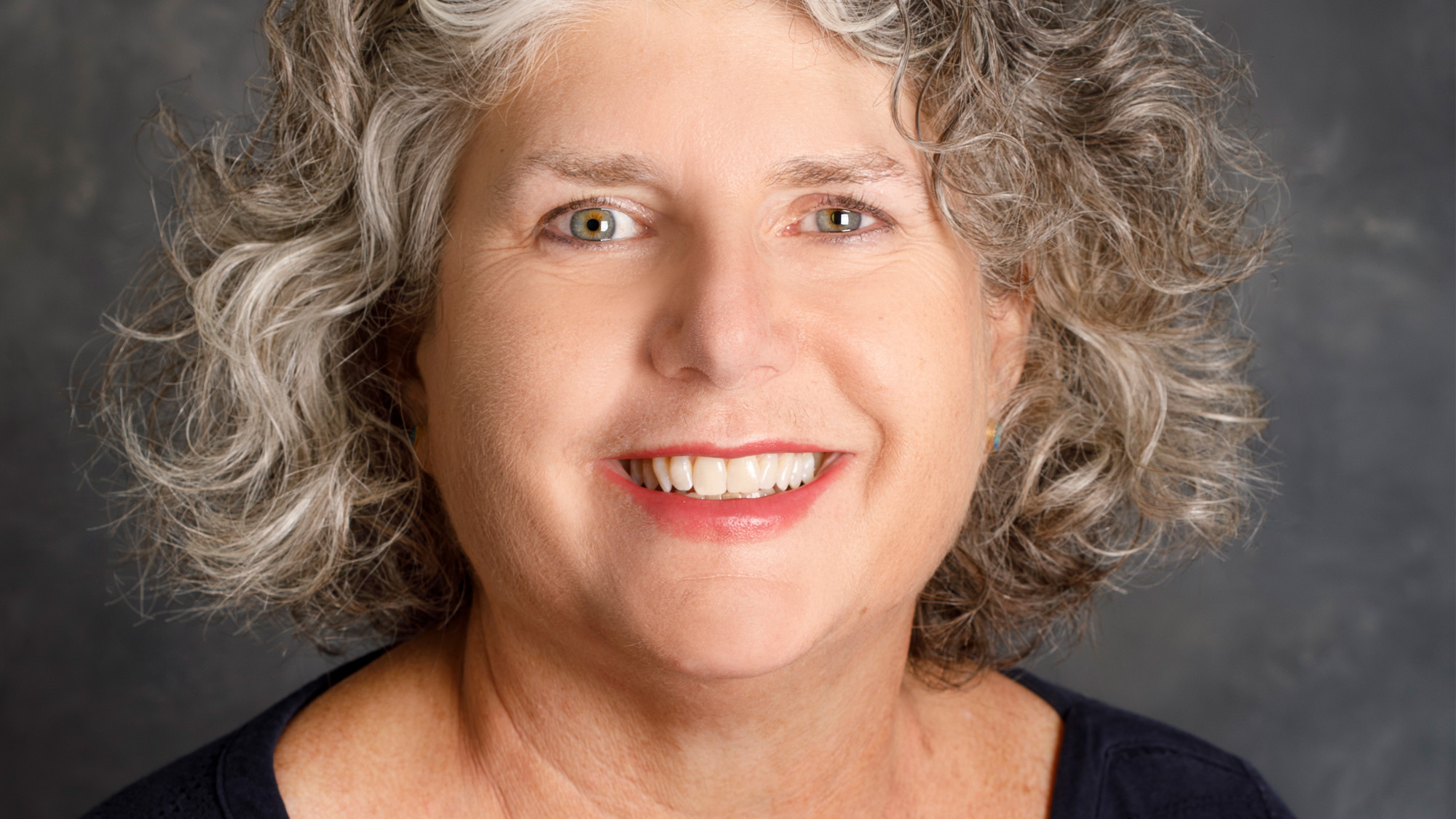
I think anything you do becomes part of you somewhere. And there were times where things I learned or happened there, you don’t recall, ‘oh that was class three or four'—but they do come. ... What I liked about the University, especially as an older student, was that the teachers/professors, many of them didn’t have advanced degrees, even the lawyers. They had law degrees, but they weren't academic lawyers. They were practicing lawyers, but you learned how things worked from a practical perspective. We had judges, active duty judges, that would teach. We had people in government. ... It was a practical experience they imparted to the students and that was very important.
HEATHER PFEIFER
associate provost and professor, 1995-2012

